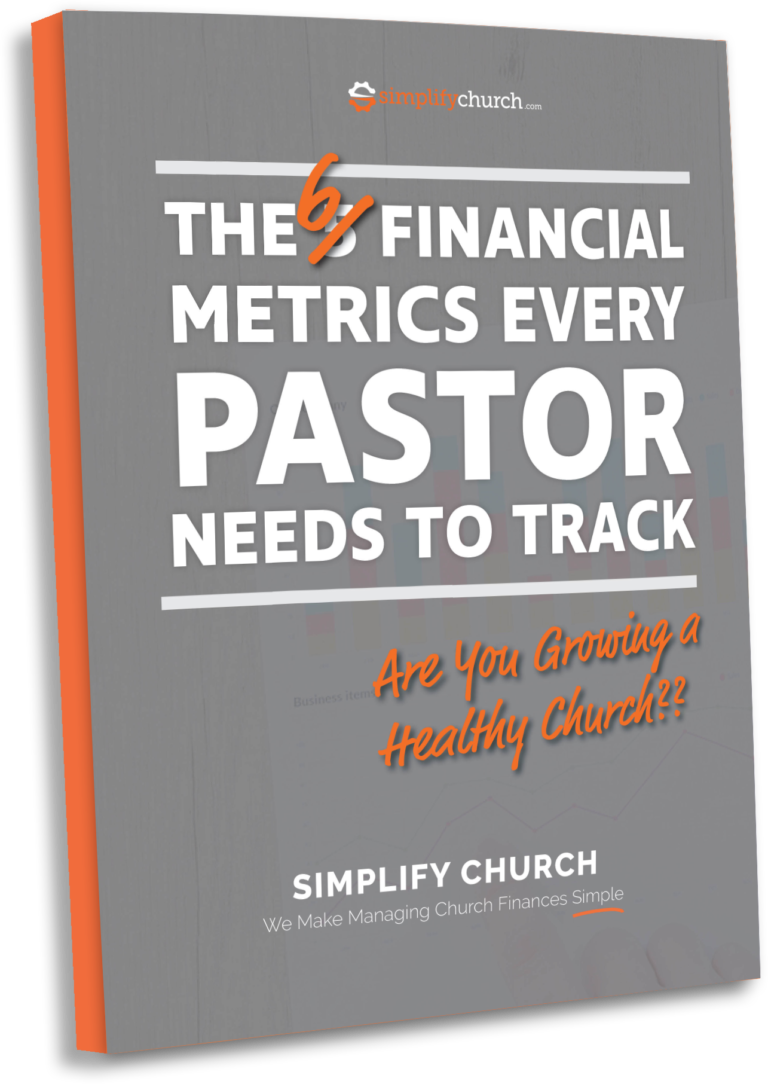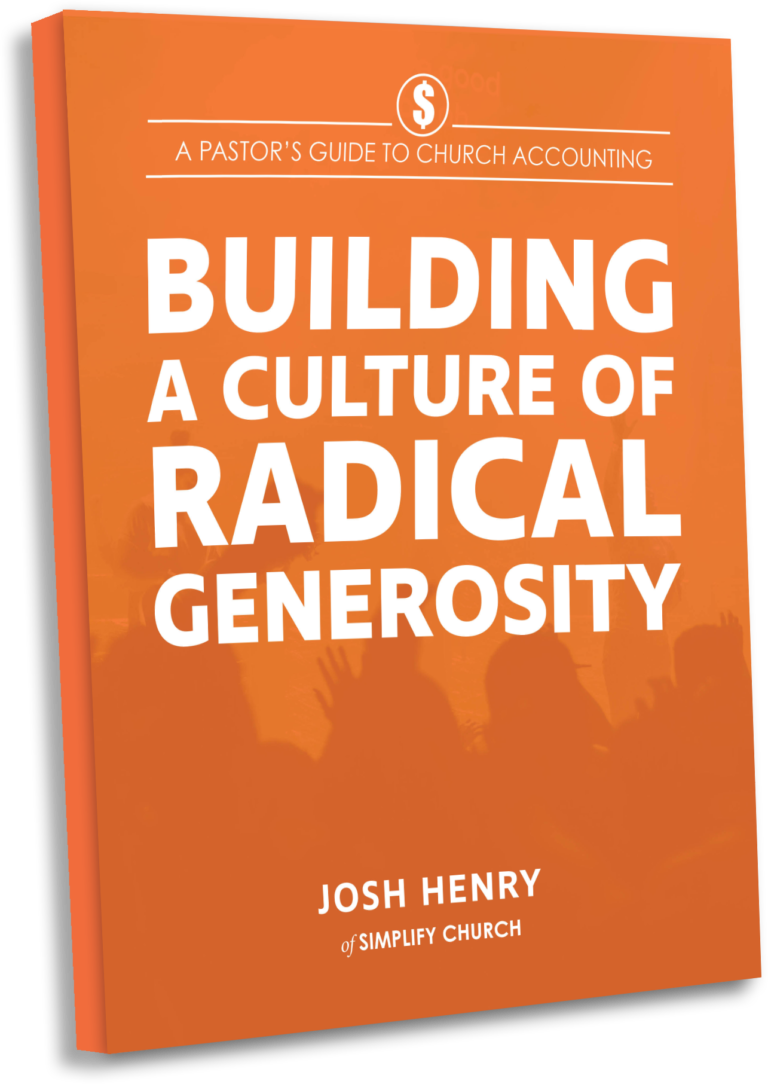Well it’s June.
Summer schedules are getting into full swing, a time for vacations, barbecues and VBS.
As we mentioned last week in the article Preparing for the summer cash flow lull, now is the time to plan and budget for what often are lower income months for churches.
This is also the perfect time to begin your budget process for the upcoming year.
“WHAT, You say!?!? We’re only 6 months into the year. We have plenty of time to get that done.
While that is true, what appears to be plenty of time now will very quickly become crunch time. Fall will be here before you know it.
Here are 3 tips to start the budgeting process for next year.
(Of course, here I am assuming a calendar year Fiscal Year)
Review your current year budget against YTD spending and expenses
Where are you at currently in year to date spending? Obviously, for many items that spread out over the year, you should be close to 50% of planned spending. There are items that only occur at certain times of the year so that is not going to apply to all expense lines, but will be a good start.
– If you are over or short on some lines that are consistent expenses throughout the year, consider an adjustment.
Take time to review your “Growth Engines”
What are those things in your ministry that are producing “growth.” I chose italics because we don’t want to be too narrow focused that growth is quantifiable numerically. In many cases it will be numbers so what are those things that you are doing that reach people. What is bringing people to the church? What is helping people grow spiritually?
We’d challenge you to consider investing in areas that produce growth and strongly review and consider those items you are spending money on that may not be producing “growth.”
Consider your “Growth Engines” to date and plan a budget increase accordingly
What has happened so far this year in the growth of your ministry? Are you seeing an increase? Has giving increased? If not, you should consider some options we laid out in this post
Now is the time to start praying and seeking the Lord’s guidance for the finances of your ministry. Ask for a big picture approach to the budget. Here are some questions to consider:
What ministry areas do we want to focus on for the upcoming year?
Are new ministry opportunities opening to us?
What’s changing in our community that we need to be aware of and prepare for?
Look to simplify your budget
As your ministry develops and grows, the quantity of expense categories will also grow. Over time, this can get out of hand and lead down a road where future year’s budgets and reports can get confusing and difficult to analyze.
Consider this time to simplify.
We’re not necessarily saying to remove lines, but let’s think about things in terms of bigger buckets. What is your mission of the church? Let’s break up the mission and create those areas as “Expense Buckets”
For instance, let’s consider the following.
Give, Grow, Go, Guide
Using these items we’ll setup the following:
Give – outreach expenses for local ministries, things you’re doing to give back to the community, etc.
Grow – expenses for ministries within the church
Go – expenses for missions
Guide – for lack of a better word and it started with “G”, but this is where I’d put all operational expenses. Utilities, Rent/mortgage, Insurance, Payroll, etc.
Start Today!
Overall, because summer gives most of us a time to slow down, it’s also a great time to review and plan for the upcoming year.
Here is a good rule of thumb for scheduling your budget review. (once again, assuming calendar year fiscal year)
June – begin review of current and big picture plan for next year
August – Begin to formulate upcoming year expense plan
September – Have new year budget prepared for leadership review
October – Have budget prepared for congregational review and vote (if necessary)
November – Finalize budget based on leaders and church response
December – Implement budget adjustments for the next year to hit the ground running Jan 1.
We’ll post next month some info on tips to get more specific with budget planning.



